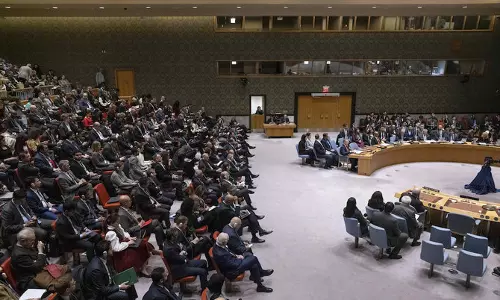
Child deaths in Attapadi continue: Study
text_fieldsThiruvananthapuram: Child deaths have not stopped in Kerala's Attapadi tribal block despite the central government's assurance that these would be prevented, a research report that was released here Friday said.
"Malnutrition: Unanswered questions from Attapadi" research jointly conducted by NGOs Thampu and Child Rights and You (CRY) found that 22 child deaths were reported in 2014.
In 2013-2014, 69 child deaths were reported from Attapadi, from the same adivasi hamlets that received nationwide attention after 47 child deaths were reported in 2012-2013.
Attapadi is located in Palakkad district and is home to 192 tribal hamlets.
Speaking to reporters here Thampu founder and CRY project holder in Attapadi, Rajendra Prasad said the report was an attempt to bring out the gross child rights violations that continue unabated, unfortunately resulting in child deaths in Attapadi.
"We wish to ensure every child in Attapadi is ensured of a happy and healthy childhood and put an end to this vicious cycle of malnutrition," said Prasad.
Suma Ravi, CRY regional director (South), said the report is a scathing indictment that a lot more needs to be done to eliminate the shame of malnutrition out of our country.
"It also points out to the extent a particular community still remains excluded and the status of child rights in Attapadi completely belies the exceptional human rights indicators that its home state Kerala boasts of," said Ravi.
The study found that the schemes announced were never implemented as children were forced to walk more than two km to access Integrated Child Development Services (ICDS) facilities, which largely remained dysfunctional.
The findings also revealed that there were no toilets in the 66 anganwadis and zero drinking water facilities in the more than 100 anganwadis in Attapadi, while the Nutrition Rehabilitation Centres were non-functional.
Furthermore, the Hospital Management Committee had zero Adivasi representation.
Denial of proper health care for pregnant women, no access to nutritious food, an extreme poverty scenario due to alienation of tribals from their land were some of the other reasons for continued malnutrition in Attapadi.























